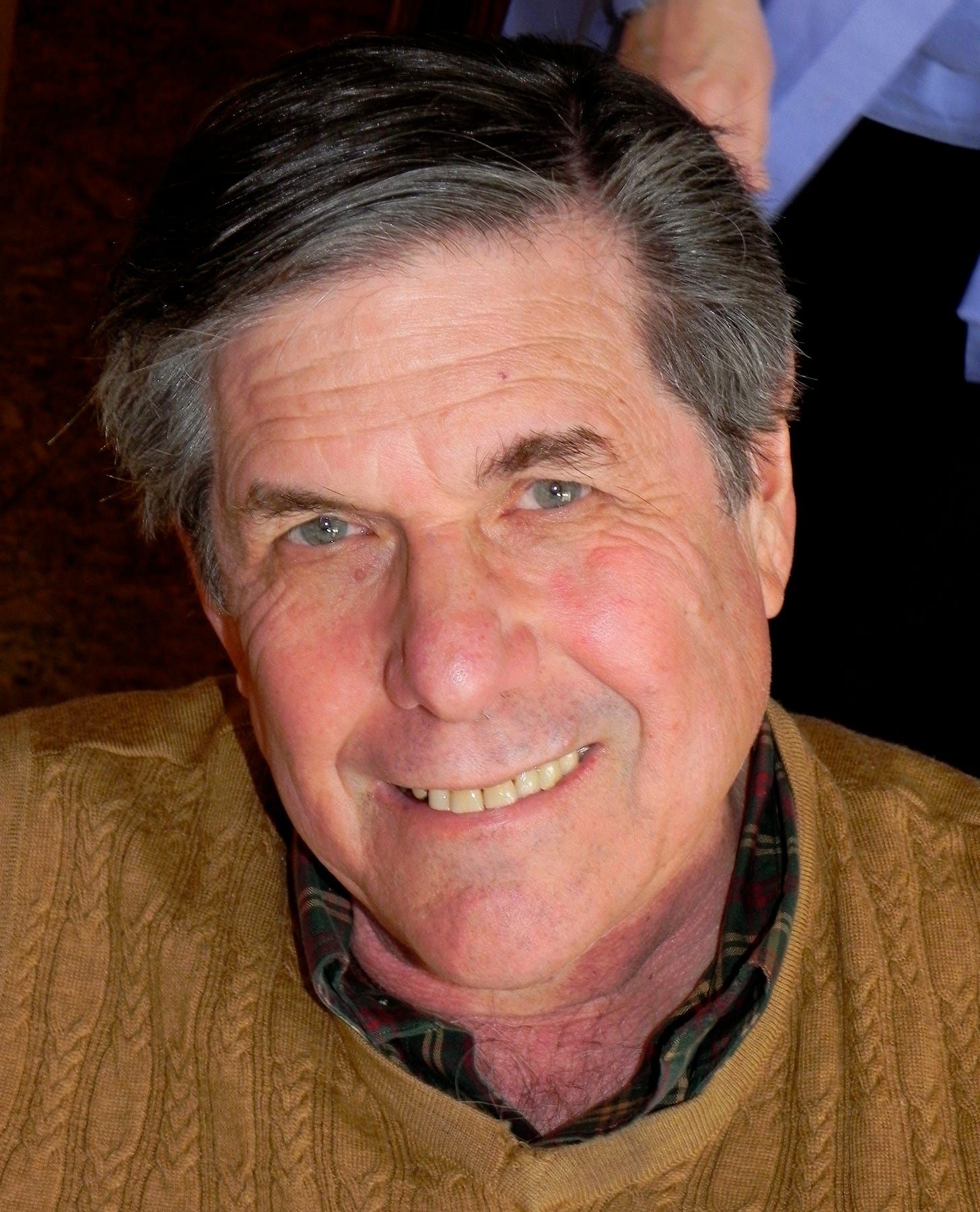Criticism of 'CBS Mornings' Interview With Author Unwarranted
Tony Dokoupil's questions to Ta-Nehisi Coates, while pointed, were within bounds

There is an ongoing debate in society as to where the line is between objective questioning in journalism of a source and what should be or needs to be asked.
An interesting story has developed on this front.
Ta-Nehisi Coates was critically questioned in a television interview at ‘CBS Mornings’ by co-host Tony Dokoupil about Coates’ book — “The Message” — in which he argues that Israel's immoral treatment of Palestinians should be condemned.
Coates later said he felt like he was in a fight.
Significant fallout happened that made the story a big one: in the media, online and inside the news outlet. CBS News executives Wendy McMahon and Adrienne Roark told the staff that the interview did not meet the network's editorial standards,” reported Alex Weprin at Hollywood Reporter.
"We will still ask tough questions,” Roark stated. “We will still hold people accountable. But we will do so objectively, which means checking our biases and opinions at the door,” per a recording of the meeting published by Bari Weiss' The Free Press, reports Weprin.
CBS chief legal correspondent Jan Crawford defended Dokoupil, saying, “… it sounds like we are calling out one of our anchors in a somewhat public setting on this call for failing to meet editorial standards for, I'm not even sure what.
"I thought our commitment was to truth. And when someone comes on our air with a one-sided account of a very complex situation, as Coates himself acknowledges that he has, it's my understanding that as journalists we are obligated to challenge that worldview so that our viewers can have that access to the truth or a fuller account, a more balanced account," Crawford continued. "And, to me, that is what Tony did."
Whom is correct and why? Or is the situation more complex?
The topic being discussed in the interview is a very personal, hot-button issue for many people. What should be the boundaries and limits of a questioner and what is and is not the duty of a journalist.
Those are important questions as is whether or not Roark was accurate in assessing the interview between Dokoupil and Coates as lacking objectivity and being driven by biases and opinions.
“It's obviously an emotive issue but I'd come down on the side of Dokoupil giving Coates the opportunity to address those biases in his answers,” says Guy Clapperton, the founder and lead trainer at Clapperton Media Training in London, which works with the communications industry to train spokespeople to perform well in interviews.
“When someone is being interviewed, (what is — or perceived as) a hostile question is best regarded as an invitation to present a case rather than an attack.”
There was no lack of professionalism or opinion-driven questioning in the mind of a retired journalist.
“The morning show format allowed for Dokoupil to challenge Coates, which he did respectfully and in context,” says Edward Hershey, a member and archivist of the George Polk Awards Committee (honoring special achievement in journalism) and an author.
“Coates, in turn, had ample opportunity to make his case, which I thought he did forcefully and articulately. It was a good exchange, nothing more or less.”

Crawford was bold in her defense of Dokoupil's professionalism and duty within the interview, standing with him against the viewpoint of the network’s executives.
“Crawford is spot on,” Hershey says. “I understand that morning TV is not viewed as the pinnacle of journalism but if left to stand, Roark's denunciation of Dokoupil, whatever its motivation, will likely have a chilling impact on mainstream journalistic inquiry.”
Clapperton agrees.
“I'm with Crawford here although the fact that I'm British rather than American may play a part in that,” he says. “If Coates is expressing one point of view firmly, as is his right, then Dokoupil's job is to stretch it, poke it and test it so the viewers gain an understanding of just how robust it is.”
Journalistic work is complex. Audiences normally want objectivity and sharply probing questions yet emotions do play a role in how a professional is judged.
The determination of ethics, regardless of what an audience or a subject of an interview feels, can become a difference of opinion, even within news networks.
“Dekoupil's questions were respectful and germane and allowed Coates to make his case,” Hershey says. “The only individual at fault here is Adrienne Roark.”
Clapperton does bring up a point of curiosity.
“I would hope that if someone had come in with a book that was out-and-out in favor of Israel that Dokoupil would have given it just as much rigor in his questioning,” Clapperton says. “That is how you know whether his feelings are causing him any bias.”
Follow on the LinkedIn company page for Communication Intelligence
To sponsor this publication, place an ad or have links published, check this page.




